A Battery Energy Storage System (BESS) is a comprehensive framework designed to store and discharge electrical energy, extensively utilized in balancing and managing renewable energy sources like solar and wind power. Its primary equipment and components encompass:
-
Battery Units: The cornerstone of BESS, comprising multiple battery modules or clusters. These units can be of various types, such as lithium-ion batteries, flow batteries, sodium-sulfur batteries, or lead-acid batteries.
-
Battery Management System (BMS): The BMS oversees and manages the battery's status, ensuring safe operation within predefined parameters. It incorporates voltage regulators, temperature sensors, communication interfaces, and other components to safeguard and optimize battery pack performance.
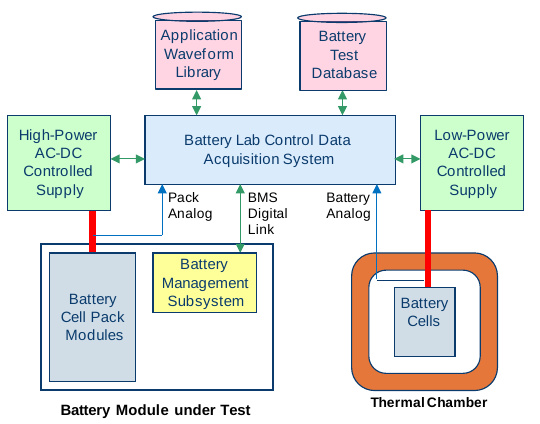
-
Power Conversion System (PCS): Bridging the gap between the grid and the battery system, the PCS converts DC power to AC and vice versa, catering to the demands of loads or the grid. This system typically incorporates inverters, transformers, and other electrical devices.
-
Monitoring and Control System (MCS): The MCS continuously monitors the overall BESS status and issues control commands to the PCS as necessary, ensuring the system's stable operation.
-
Auxiliary Equipment: Including temperature management systems, fire protection systems, and environmental control systems, these devices guarantee reliable BESS operation across diverse environmental conditions.
-
Local Controllers and Distribution Units: These facilitate power control and distribution, ensuring seamless coordination among various system components.
-
Prefabricated Containers and Ancillary Facilities: For design, management, and maintenance efficiency, BESS is often integrated into standardized containerized solutions, housing all essential subsystems and support infrastructure.
-
Energy Management System (EMS): The EMS orchestrates the overall BESS operations, enhancing system efficiency and reliability.
-
Communication Interfaces and Data Acquisition Devices: These enable real-time monitoring and recording of system status, supporting remote control and facilitating data analysis.
Through the concerted efforts of these components, BESS effectively stores and dispatches electrical energy, providing flexible grid regulation capabilities while promoting the utilization of renewable energy sources.
Huijue, as a leading Chinese provider of energy storage batteries, photovoltaic storage equipment, and systems, offers professional services with extensive experience across Europe, the United States, Asia, and other regions. Leveraging its expertise, Huijue continuously drives innovation in the field of energy storage solutions, empowering a greener and more sustainable future.



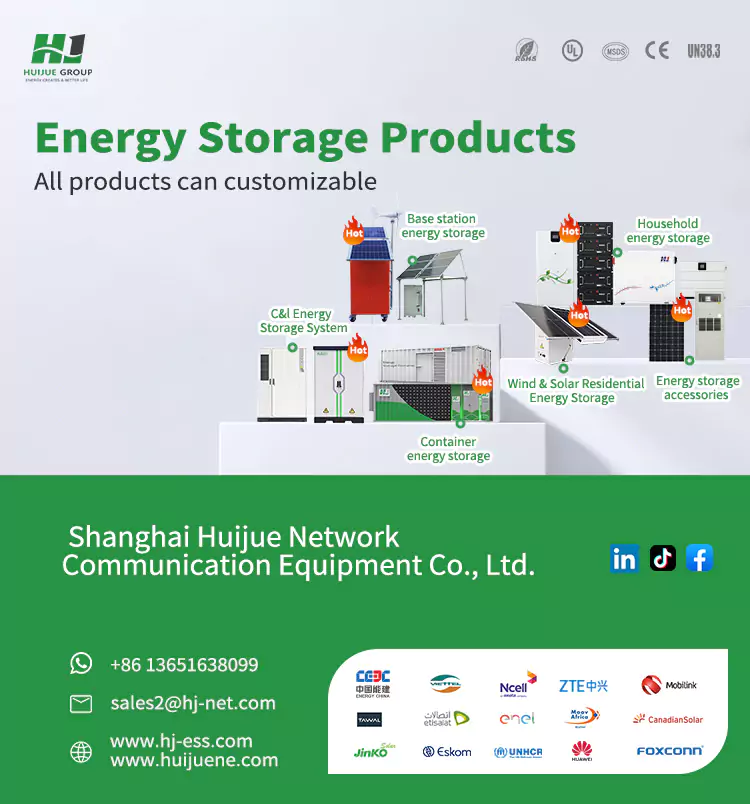
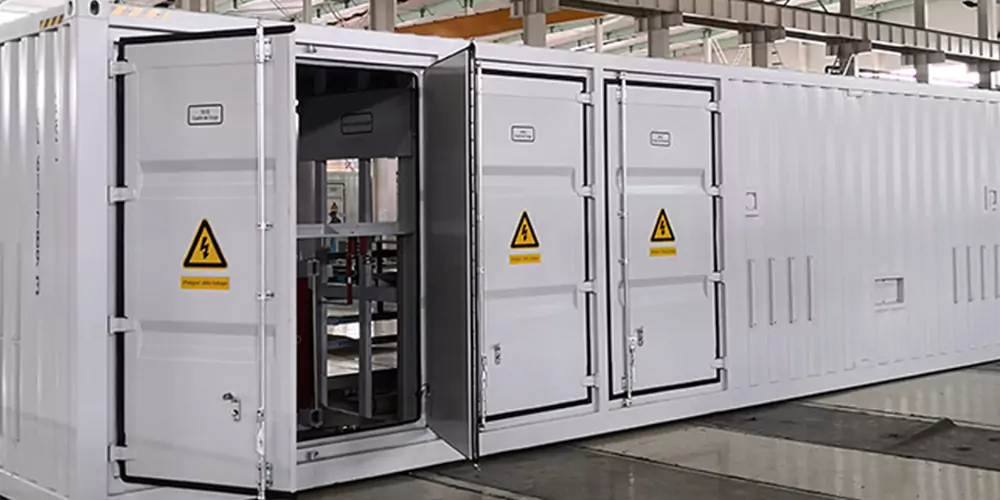
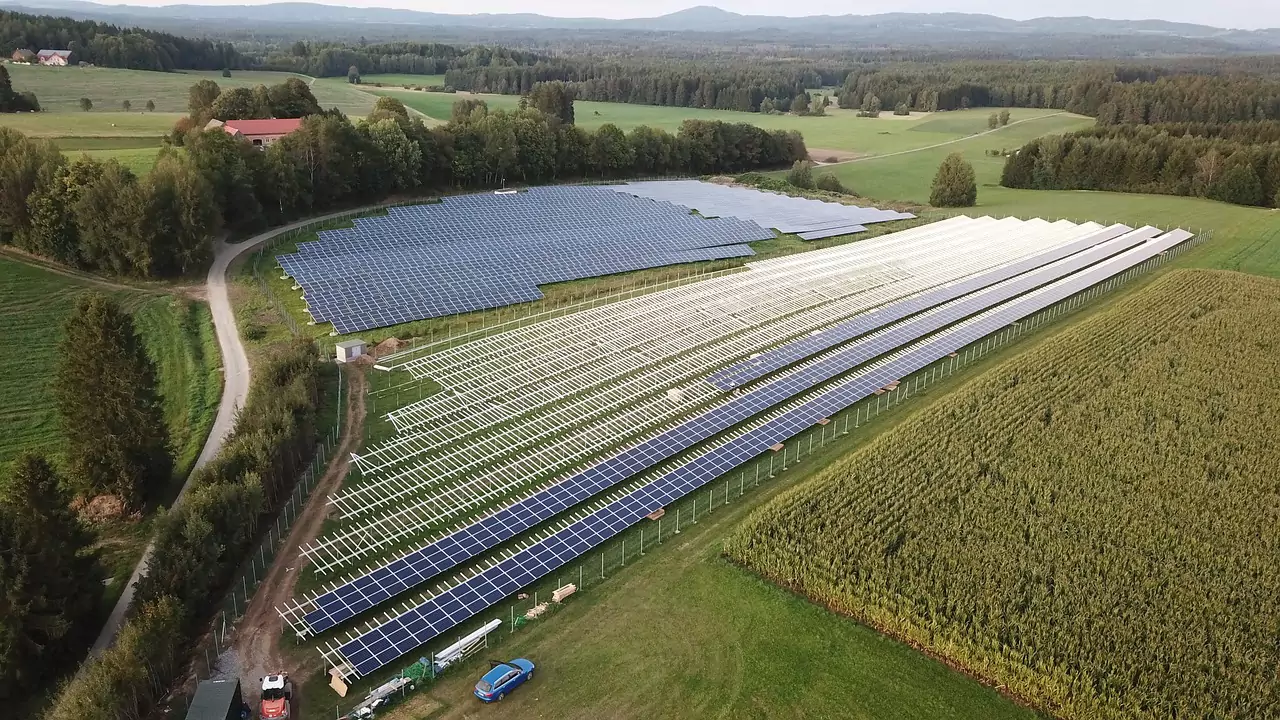
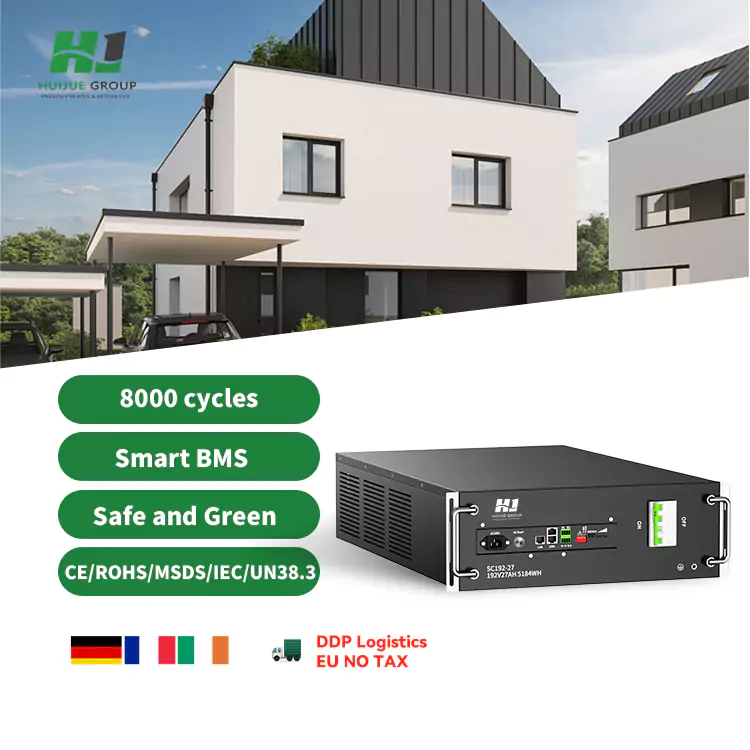
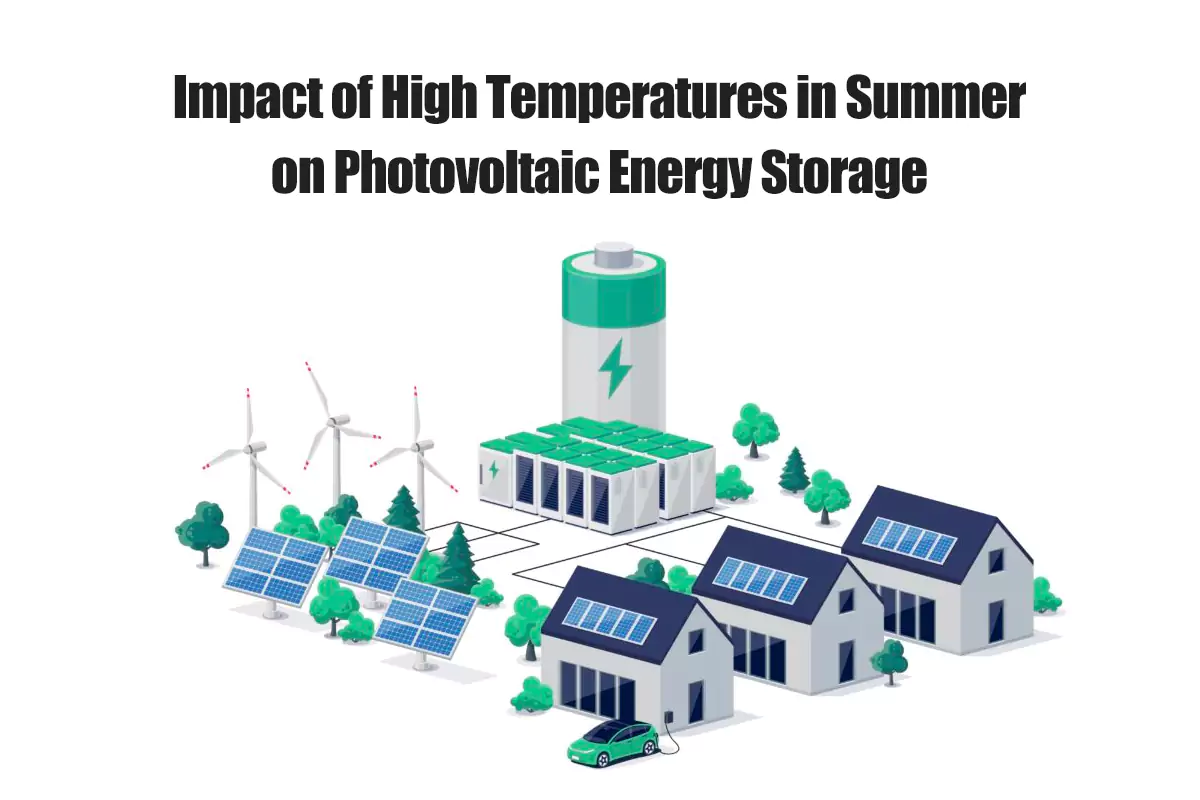
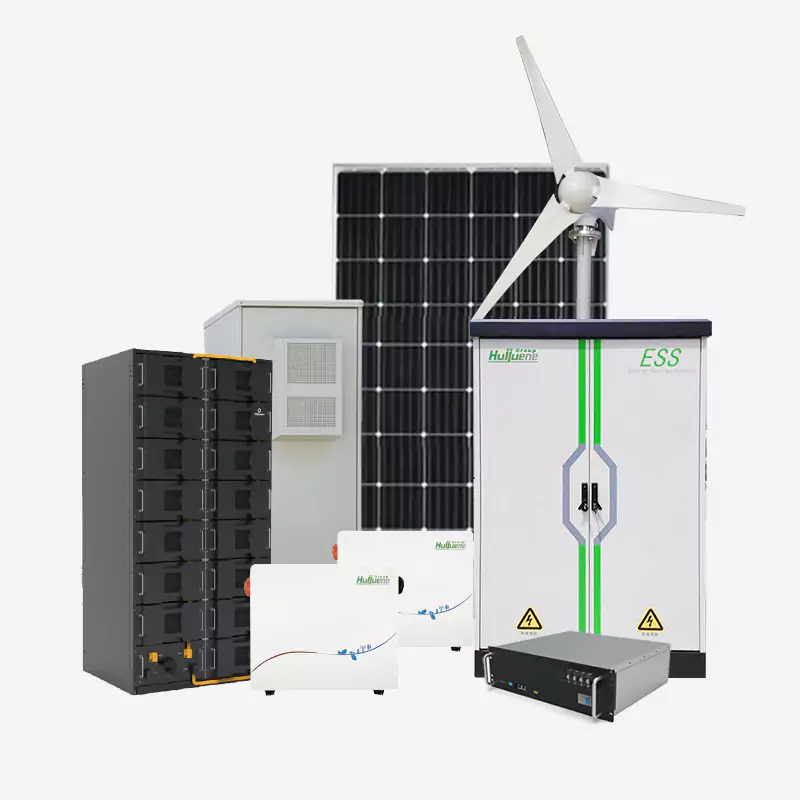
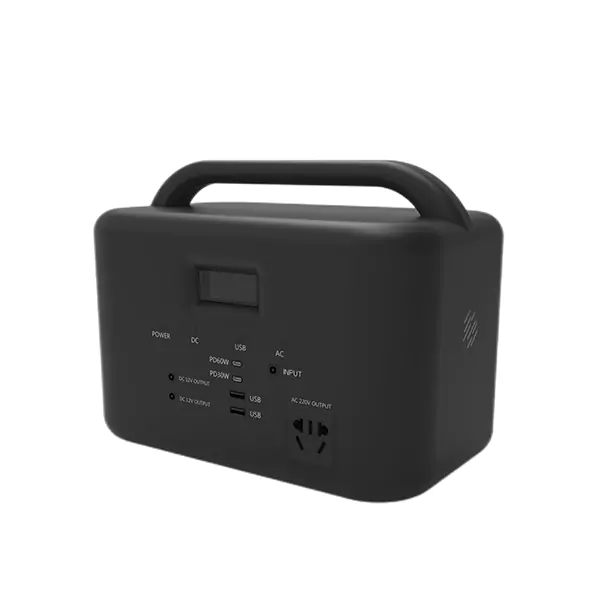

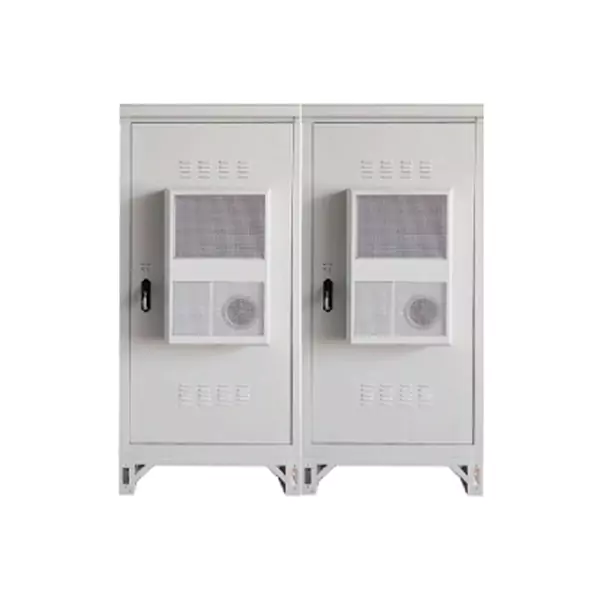
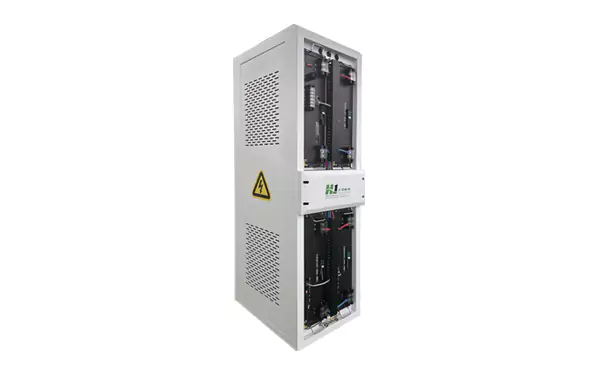
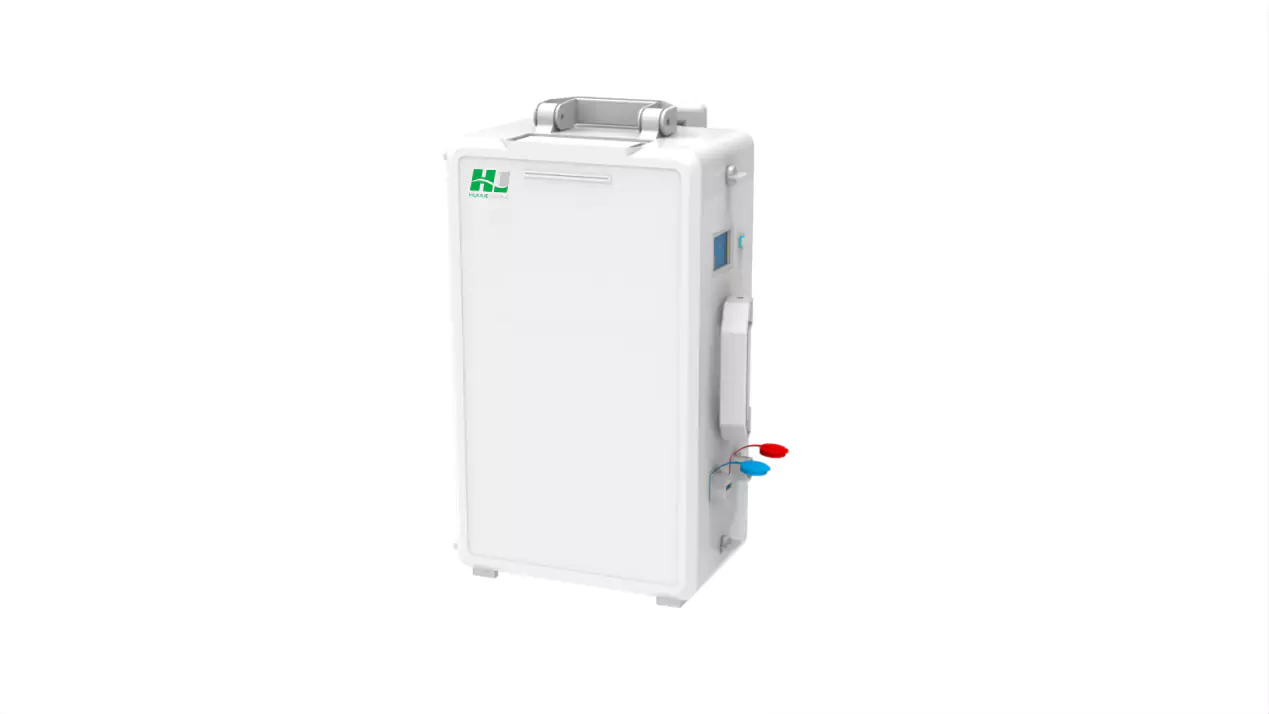
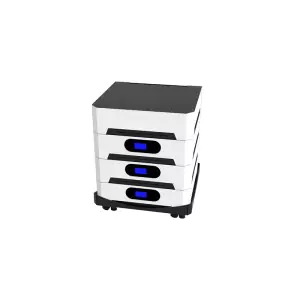
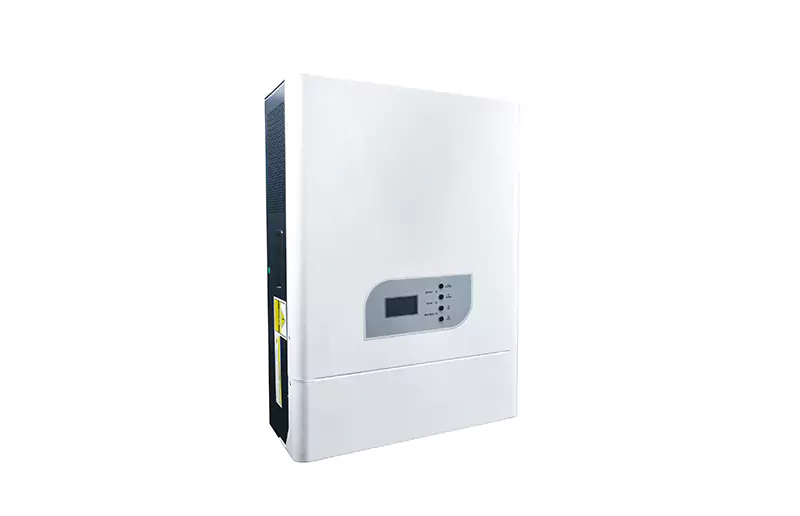
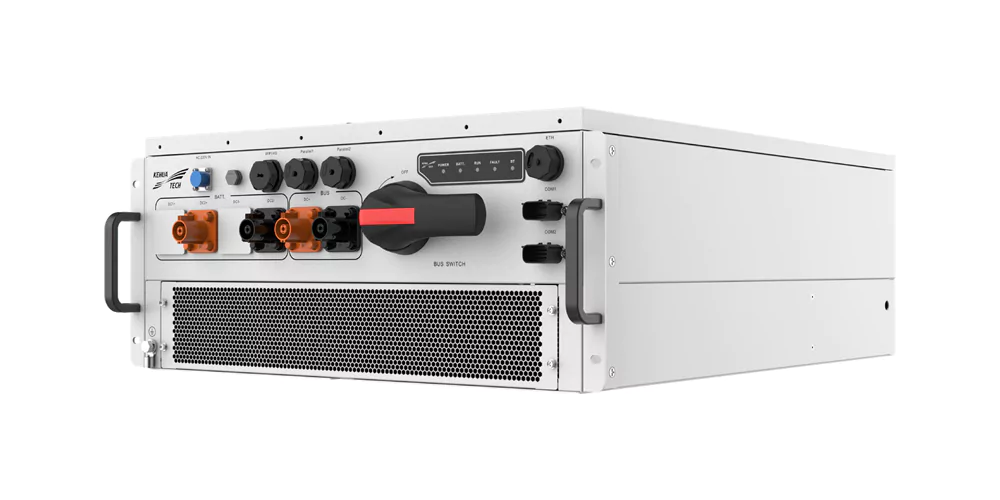
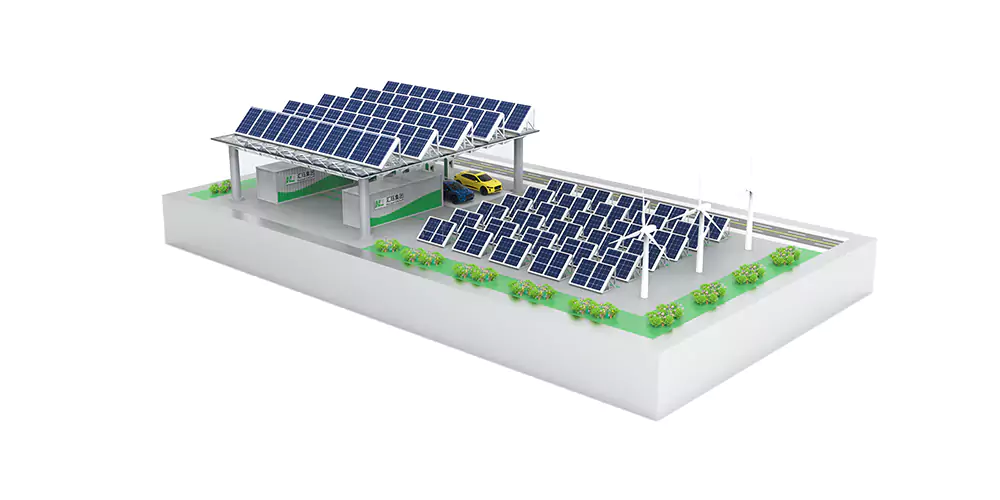

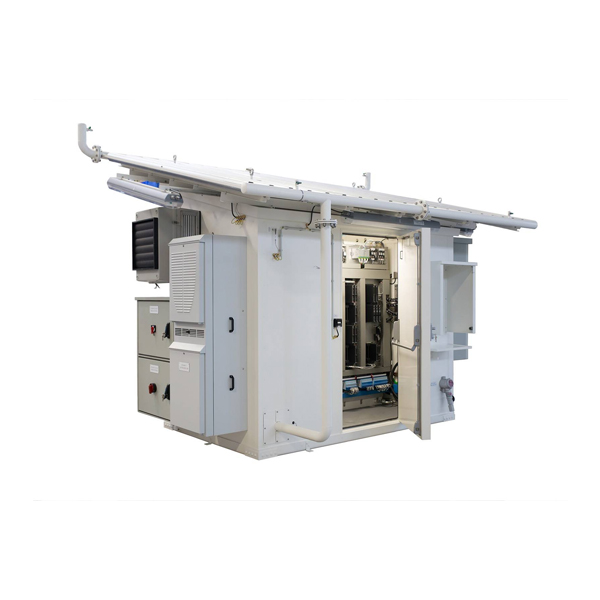
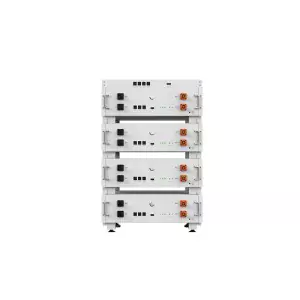
 Inquiry
Inquiry Online Chat
Online Chat